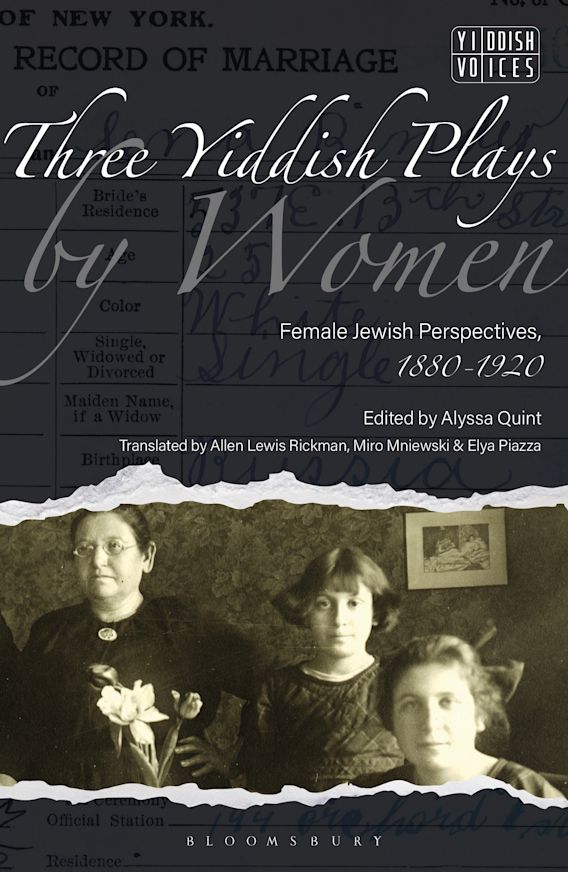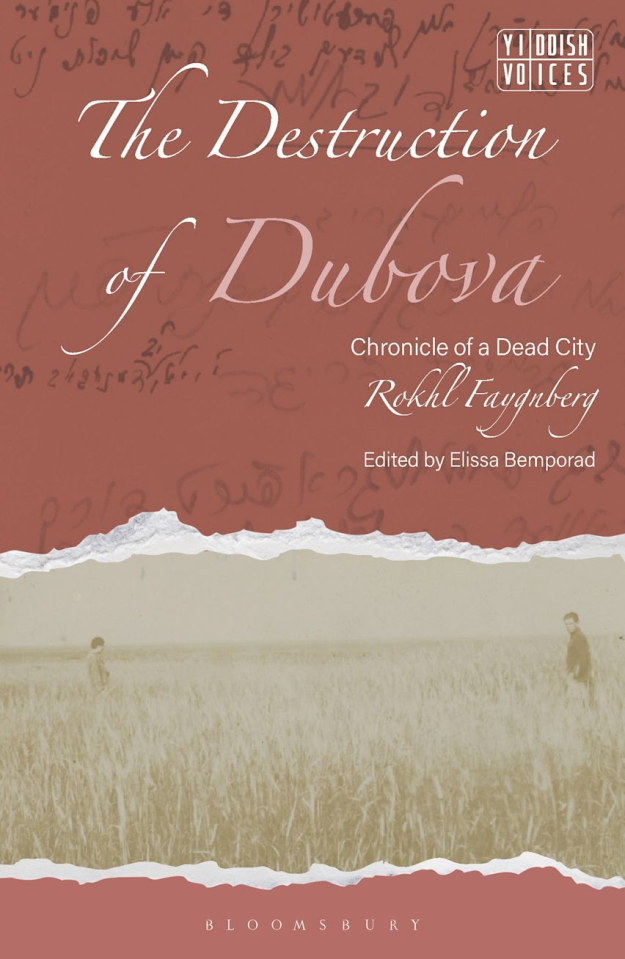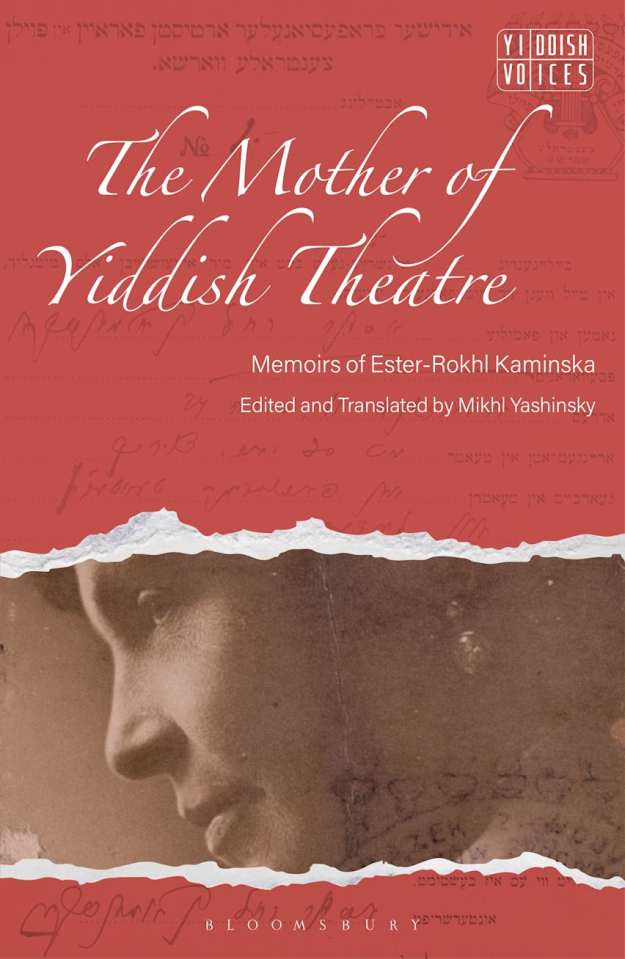The Yiddish Voices Series
Yiddish Voices is an exciting new series of translated works that connects today’s readers with literature that reflects the Eastern European Jewish experience, in its full range of authors, genres, and subject matter. Published in partnership with Bloomsbury and the YIVO Institute for Jewish Research, each volume presents a rich and engaging literary work in English translation with a well-matched historian’s introduction, one that is both erudite and readable. In Yiddish, the word “Yiddish” means both “Yiddish” and “Jewish”; likewise, the Yiddish Voices series includes translated works from an array of languages—sometimes Yiddish, but at other times Polish, Russian, or Hebrew, among others. The series thus captures both the Yiddish and the Yiddish-inflected, the Yiddish voices and Ashkenazi experiences as they came to be embedded in other cultural spheres. Expertly curated by Alyssa Quint and Elissa Bemporad, the series is organized to showcase first-time translations of enduring Yiddish texts—memoirs, novels, and plays—from which arise topics and themes that have powerful resonance today.
The Yiddish Voices Series was prepared for publication with support from the family of Harriet R. Yassky.
Additional funding provided by The Naomi Prawer Kadar Foundation.

|
Three Yiddish Plays by Women: Female Jewish Perspectives, 1880-1920Edited by Alyssa Quint (Editor) This is an unprecedented collection of three newly translated Yiddish plays written by women in the period from 1880 to 1920. Taken together, these plays provide a fascinating insight into female Jewish perspectives on a range of women's issues prevalent at the time and, in some cases, still prevalent today. The works explore topics such as the Jewish law of the 'chained widow', pregnancy out of wedlock, and birth control, amongst many others. Three Yiddish Plays by Women includes an incisive contextual introduction which provides historical context for each individual work, summaries and discussion of the texts and stage histories for two of the three that have them. The introduction offers biographical information about each playwright and looks at what ambit they were each active in, taking into consideration gender norms. It also engages an array of recent sources and angles on intersecting questions of theater and gender in a landmark volume of vital significance to students of women's history, modern Jewish history, cultural history and theatre history. |

|
The Destruction of Dubova: Chronicle of a Dead CityBy Rokhl Faygnberg Written by Yiddish writer Rokhl Faygnberg, The Destruction of Dubova: Chronicle of a Dead City is a powerful account of the elimination of the Jewish community of one shtetl during the pogroms of the Russian Civil War, 1918-1921. |

|
The Mother of Yiddish Theatre: Memoirs of Ester-Rokhl KaminskaEdited and Translated by Mikhl Yashinsky (Editor) Originally appearing in the Warsaw daily Der Moment (1926-7), this intimate self-portrait by pioneering Yiddish actress Ester-Rokhl Kaminska (1870–1925) appears here for the first time in English. As it moves through her life, we see this towering artist and her art form emerge, observing how Kaminska navigates the perilous move from shtetl to city, stages illegal performances in unlikely venues around the Russian Empire, and eventually earns the exultant acclaim of her public. The memoirs richly disclose the texture of everyday life for working Jewish women and all the grit and hard-won glamour of backstage (or in her case, back-barn/barrack/barroom) life. An extensive introduction and notes by Mikhl Yashinsky provide historical context and an appraisal of Kaminska's epoch-making talent. |




